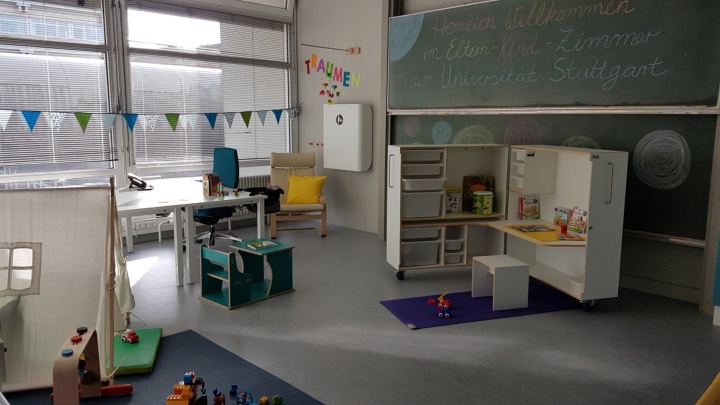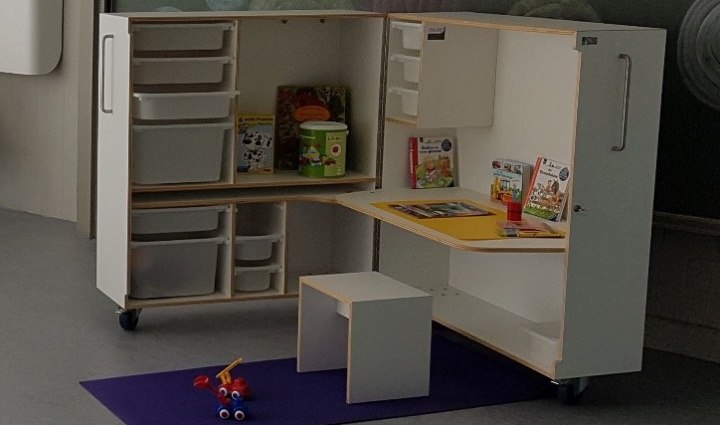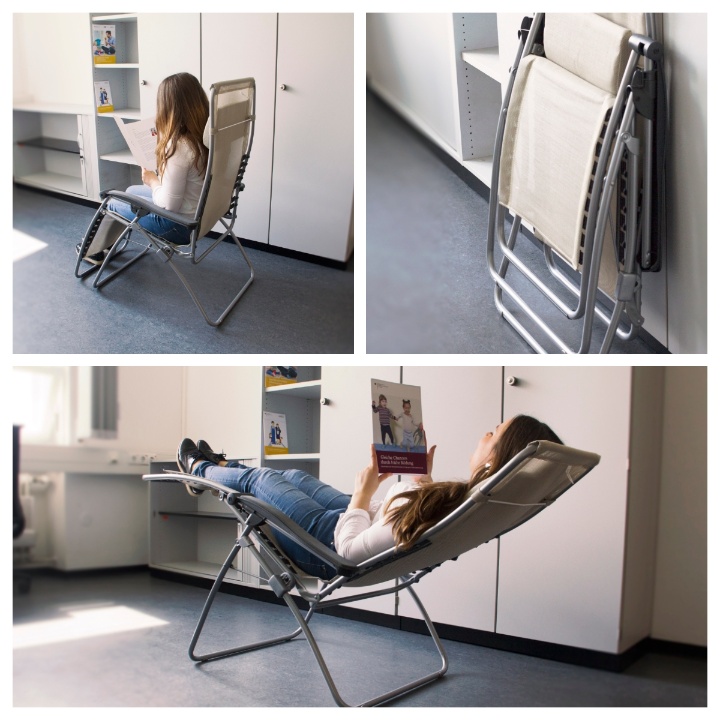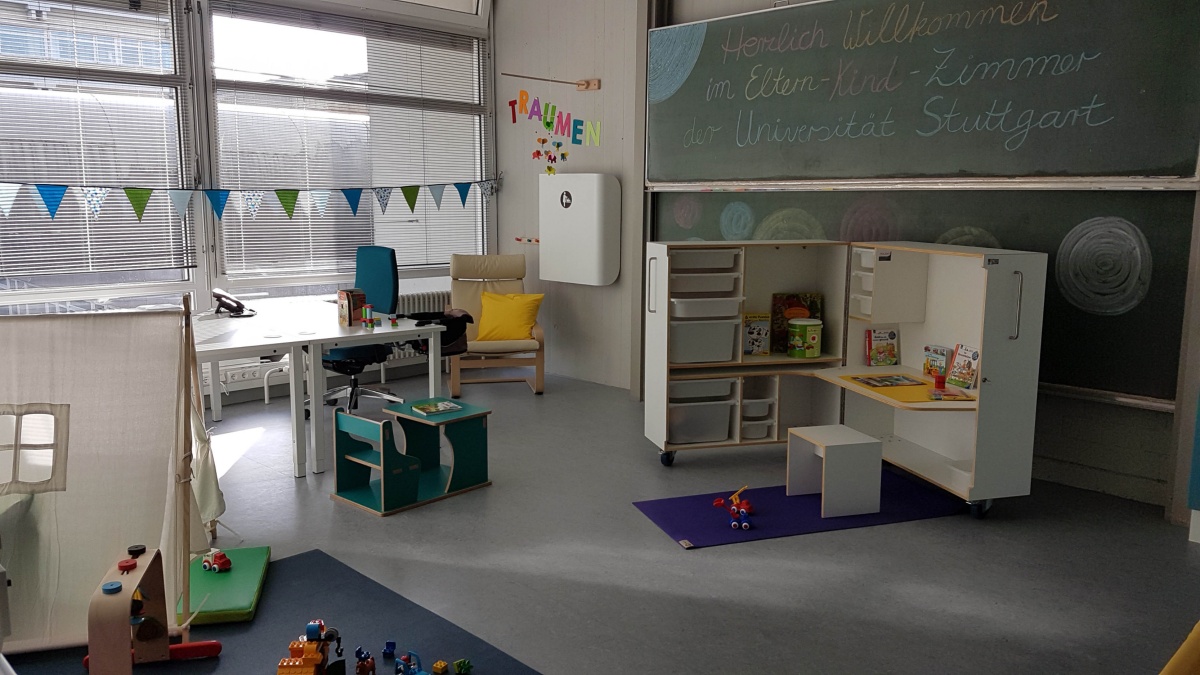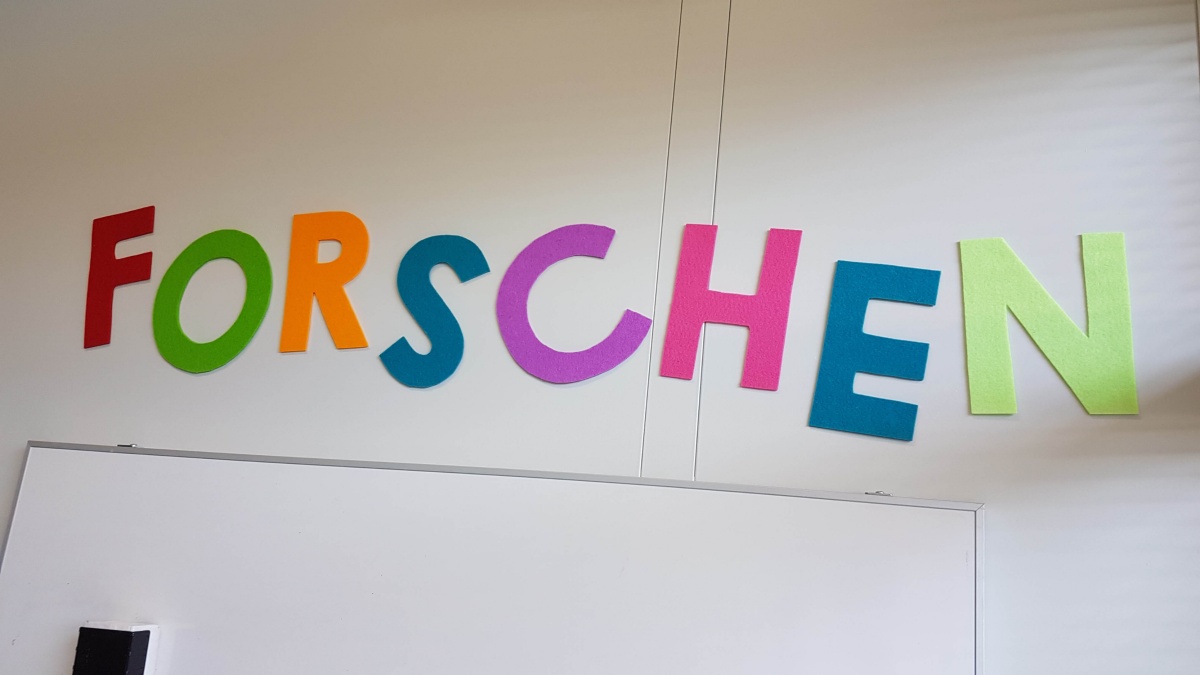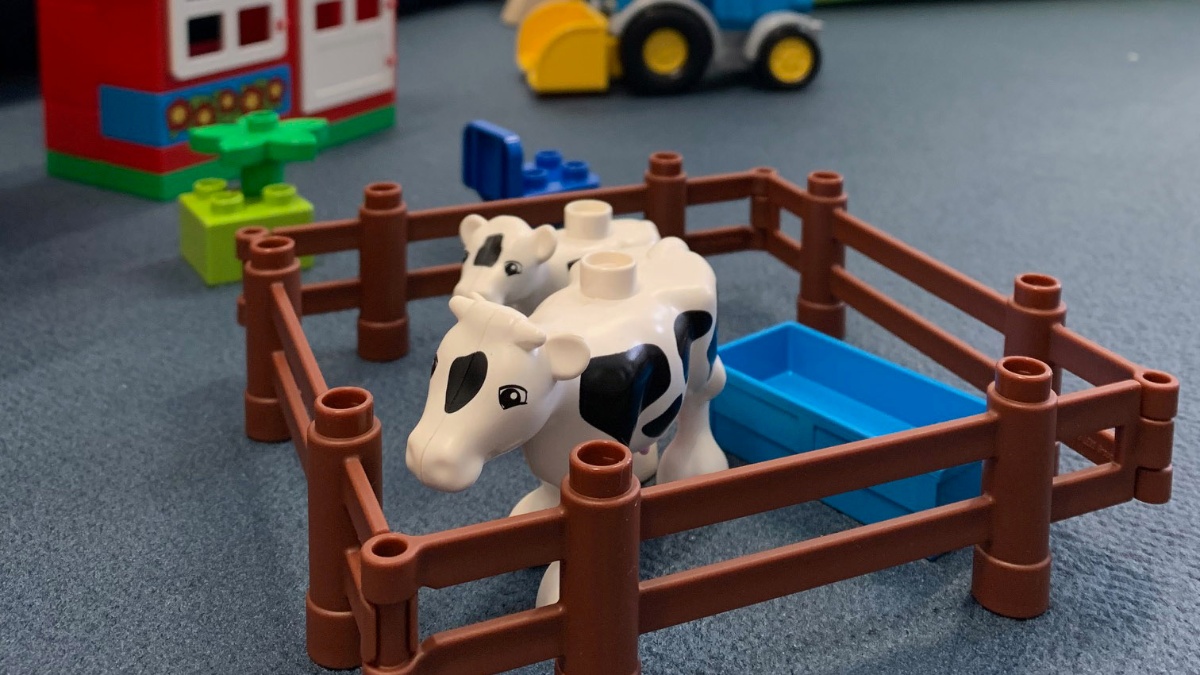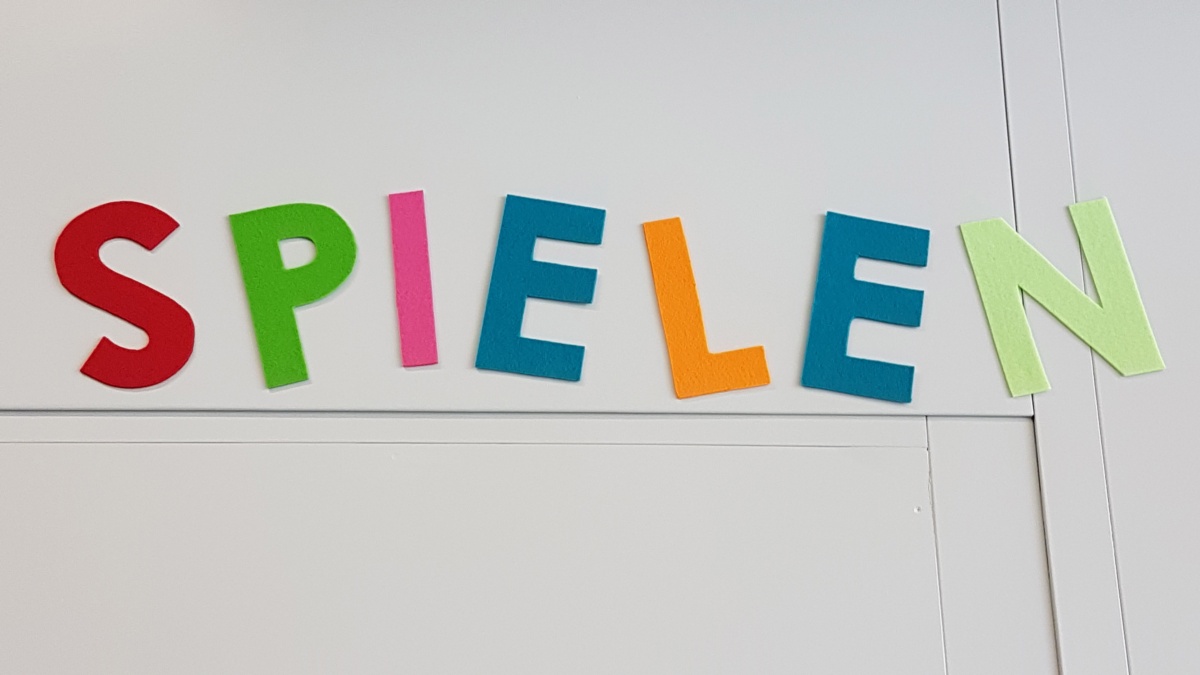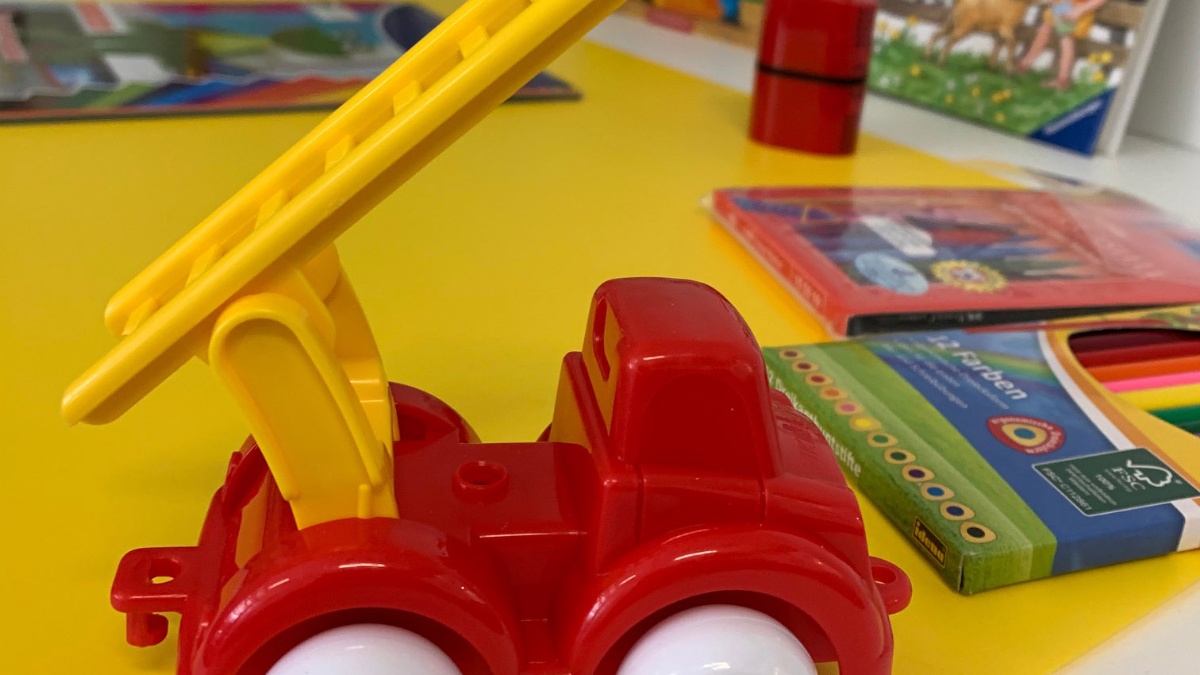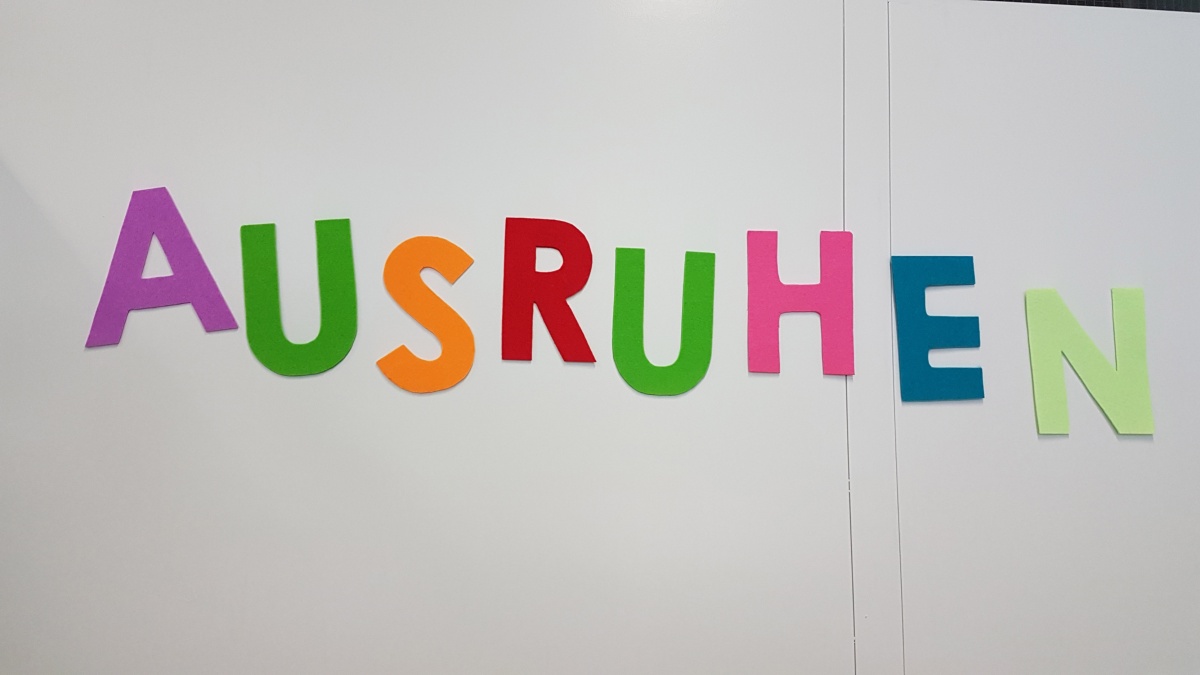“Pooling – Synergies for Equal Opportunities in Collaborative Research Networks“ is an amalgamation of the University of Stuttgart’s collaborative research projects that are funded by the German Research Foundation (DFG) and jointly pursue the goal of equal opportunities in science while making use of synergy effects.
- Women in STEM make a difference
Youtube-Playlist
Networking - exchange of experience - synergies
- The pooling strategy enables the research networks to implement joint gender equality activities, and also provides a platform for networking and for the exchange of experience on the topic of equal opportunities.
- The aim is to establish a culture of appreciation and diversity and to create sustainable structures for the promotion of equal opportunities in research collaborations.
- In the spirit of the Stuttgarter Weg (Stuttgart Way), the pooling is an opportunity to combine the strengths of multiple disciplines and make use of synergies.
- The pooling is also an opportunity to test and establish gender equality measures for which a single network can provide neither the personnel nor the technical resources.
The portfolio of measures includes a wide range of services for female early career researchers in the networks and is intended to raise awareness among the network members and to improve the compatibility of science and private life.
Female early career researchers – recruiting and keeping them
The virtual ILIAS network “Women (Post-)Doctoral Researchers in Collaborative Research Networks” offers young women scientists of all collaborative research projects a platform for an uncomplicated, informal, and demand-oriented exchange among themselves and for networking beyond their own fields of expertise. The self-organized and member-centered ILIAS network provides a platform for asking questions, discussing topics and experiences as well as gathering tips and feedback from other women (post-)doctoral researchers. The virtual network is currently under construction. Interested female researchers can register with the Gender Consulting Service team for the ILIAS network at any time.
For Europe-wide networking in the matter of equal opportunities, the University of Stuttgart is a member of the network "European Platform of Women Scientists"
With a workshop and coaching program specifically tailored to their needs, the research collaborations offer their young women scientists the opportunity to develop special career-relevant skills and to enter into an exchange with other female early career researchers.
In the video series “Women in STEM make a difference” (YouTube playlist), women scientists of the research collaborations give insight into their research and talk about their personal motivation and experience in the course of their career as a scientist.
Raising awareness and pooling knowledge
Whether it’s about the recruitment of gender- and diversity-sensitive junior staff or the management of heterogeneous teams: In training sessions that were specifically designed for the research collaborations, members upgrade their skills in the area of gender and diversity and reflect on their own attitudes and actions.
Information and materials regarding the topic of “equal opportunities and diversity in collaborative research networks” are gathered in a knowledge pool and made available to all employees of the research collaborations.
Family-friendly research collaborations
If regular childcare is canceled at short notice, parents can use the “parent-child room” that the research collaborations are providing for their staff at 57 Pfaffenwaldring on the Vaihingen campus. Here, parents can work or study while taking care of their child in a suitable environment. What’s more, the room can be used for breastfeeding, feeding, changing the baby’s diaper, and as a sanctuary for parents and their children: there is plenty of space for taking a rest, cuddling, reading, and more. Information about using the parent-child room can be found on the website of the Uni & Family Service.
Bored while mom and dad are working? With the KidsBoxes, taking care of your child in your own office can be organized flexibly and with a lot of variety. The research collaborations have jointly equipped themselves with KidsBoxes in order to ensure the compatibility of research and family duties in an uncomplicated and demand-oriented way on site. Information about borrowing a KidsBox can be found on the website of the Uni & Family Service.
The research collaborations have purchased portable and folding recliners for pregnant employees, which they can borrow during pregnancy and during the breastfeeding period and use in their own office for a break or for breastfeeding. Of course, the recliners also offer chronically ill employees an opportunity to take a rest.
Further information can be found on the website of the Uni & Family Service.
For its employees, the research collaborations offer regular childcare places in cooperating daycare facilities near the campuses. The places are open to young children aged two months to three years and are independent of the employee’s residential address. These places are primarily available to the staff of the research collaborations. The Uni & Family Service will be happy to answer any further questions.
Your child is sick? An important evening event is coming up? For situations like this, the research collaborations provide their staff members with flexible childcare that can be used in daycare centers or, in an emergency, at home. The Uni & Family Service will be happy to answer any further questions.
The pooling includes the following collaborative research networks:
- Cluster of Excellence EXC 2075 "Data-Integrated Simulation Science (SimTech)"
- Cluster of Excellence EXC 2120 "Integrative Computational Design and Construction for Architecture (IntCDC)"
- CRC 1313 "Interface-Driven Multi-Field Processes in Porous Media – Flow, Transport and Deformation"
- CRC 1333 "Molecular Heteregeneous Catalysis in Confined Geometries"
- CRC 1667 “Advancing Technologies of Very Low Altitude Satellites (ATLAS)”
- CRC-TRR 161 "Quantitative Methoden für Visual Computing"
- GRK 2160 “Droplet Interaction Technologies (DROPIT)“
- GRK 2543 "Intraoperative Multisensory Tissue Differentiation in Oncology"
- GRK 2642 "Towards Graduate Experts in Photonic Quantum Technologies"
- SPP 2410 “Hyperbolic Balance Laws in Fluid Mechanics: Complexity, Scales, Randomness (CoScaRa)”
Contact
Sabrina Schopf
Gender & Diversity Consulting


